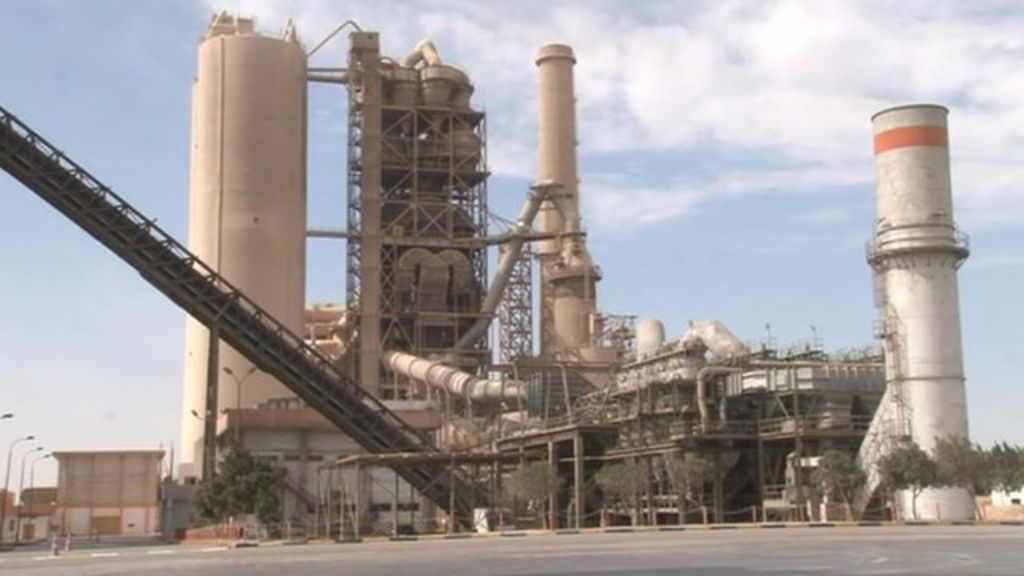A $50 billion lifeline provided by the International Monetary Fund (IMF) earlier this year offered temporary relief for Egypt's ailing economy. However, a burgeoning natural gas shortage now threatens to derail the country's fragile recovery path.
Egypt, a nation that historically functioned as a fuel exporter, has seen its natural gas reserves dwindle in recent years. This decline coincides with a growing domestic demand for the resource, particularly for electricity generation during the scorching summer months. Last year, temperatures exceeding 35 degrees Celsius (95 degrees Fahrenheit) triggered power disruptions that lasted for several hours daily.
To mitigate the risk of similar blackouts this summer, the Egyptian Natural Gas Holding Company is scrambling to secure additional liquefied natural gas (LNG) shipments. According to industry sources, the company aims to import at least one LNG shipment per month until July or August. Estimates suggest Egypt will require a minimum of five cargoes to meet peak summer demand.
The urgency to bolster LNG imports stems from Egypt's dwindling natural gas reserves. The nation's newfound reliance on foreign imports comes at a hefty price. Spot LNG prices have skyrocketed globally due to the ongoing war in Ukraine. This surge in price threatens to significantly deplete Egypt's foreign currency reserves, which are crucial for financing essential imports like food and medicine.
The government is exploring various avenues to address the gas shortage. One strategy involves incentivizing private companies to increase exploration and production activities within the country. Additionally, talks are underway with Israel to potentially import natural gas via a recently constructed pipeline.
Analysts warn that a prolonged gas shortage could have far-reaching consequences for Egypt's economic outlook. The lack of a reliable energy source could deter foreign investors and cripple key industries like manufacturing and tourism. Furthermore, persistent power outages could exacerbate social unrest, a challenge the government has grappled with in the past.
The current situation underscores the need for Egypt to diversify its energy portfolio. While natural gas remains a vital resource in the near future, the government must prioritize the development of renewable energy sources like solar and wind power. This shift will not only enhance the country's energy security but also contribute to its environmental sustainability goals.

